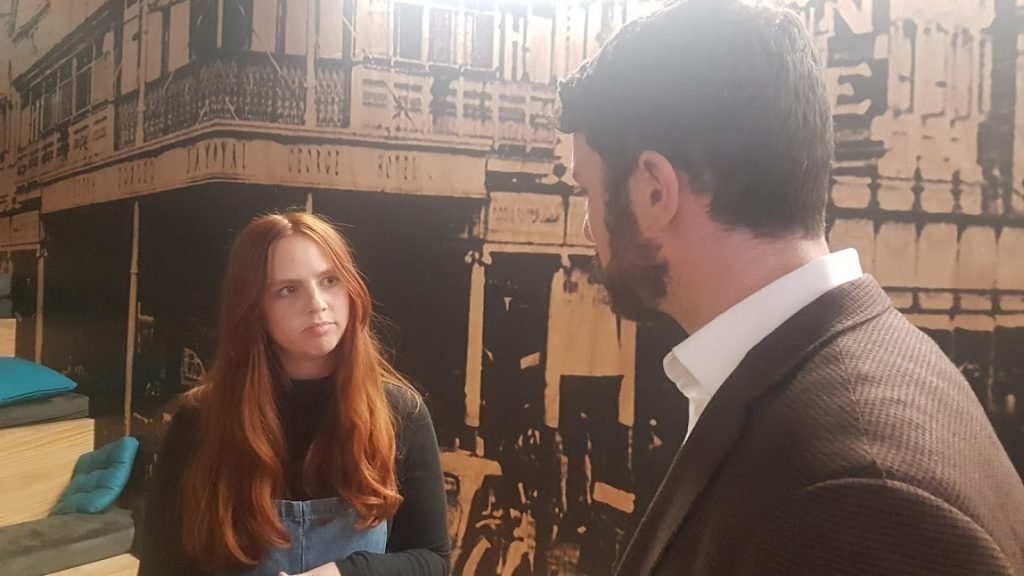Introducing herself as the Anti-Shop, Jacq Driscoll told a Circular Economy meetup in Brisbane’s T.C.Bierne Startup Precinct that her mission is to empower people to make, fix and share stuff, instead of buying new goods.

She said that she had worked on the shop floor assisting customers for about three months when she asked the manager of the Biome Eco-store if her commitment to the environment extended to showing customers how to save money and the environment by not shopping.
Founder, Tracey Bailey was so supportive of the project she created the community workshop arm of the Biome Eco-Store and put Jacq in charge of it.
Ms Driscoll has since worked up a full education program teaching people the value of Refusing, Reusing and Repurposing before considering the energy and resource wasteful options of recycling and discarding.
“You cannot under-estimate the power of saying No,” she told the audience of 40 people interested in discussing ways to promote and implement the Circular Economy. “Do I really need this item, do I need it in this form, and do I need it now?” She suggested that more often we say no to these questions, the less money we spend and the more resources and energy we save. She described that act of resisting the urge to spend is a fundamental and profound shift from the dominant consumer paradigm that encourages us to want more.
She referred to the wave of eco-grief undermining the morale of many people who care about the environment noting, “Bring it back to those things that you can influence. Saying No to unnecessary purchases is empowering on a number of levels”.
Jacq Driscoll and fellow presenter on the evening, Dr Manuela Taboada, both highlighted the comment of one audience member that discussions about consumer power are highly privileged because they are restricted to those with enough money, time and mobility to make consumer choices.
“I am lucky to have the time and the cash to pack my kids’ school lunches,” she said, “let alone worry about the packaging on the bread I buy.”
Dr Taboada grew up in Brazil and has studied waste and recycling in many developing nations and agreed with the observation 100%, “I am passionate about the social dimension of waste,” she said, “and it is obvious to me that waste is power. The refusal by China and other Asian countries to accept our dirty pizza boxes and soiled single use plastics is simply a shift in the power imbalance that has allowed us to dump our waste on them.”
Ms Driscoll added that learning to fix, make and share things is empowering across class and offers special benefits to those who do not have the money to make choices about their consumption.
